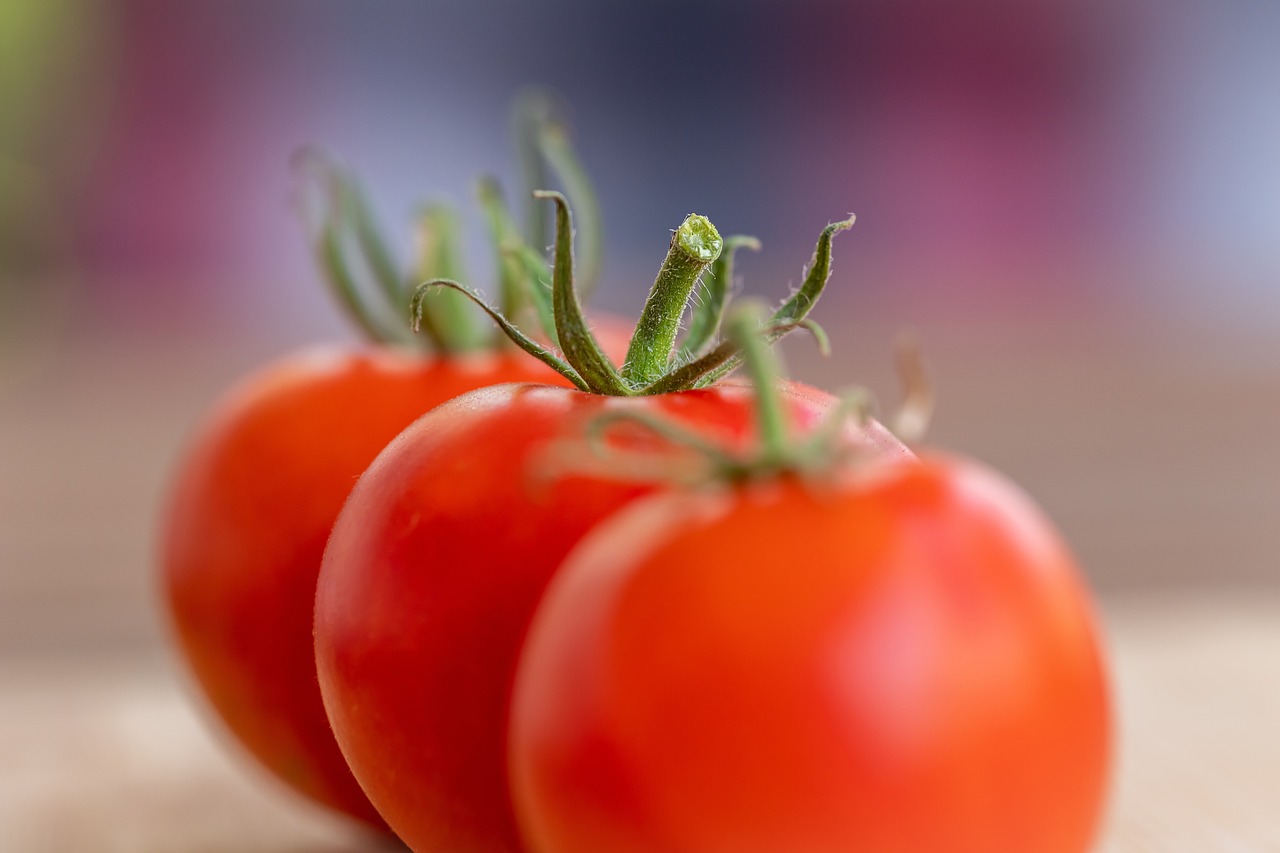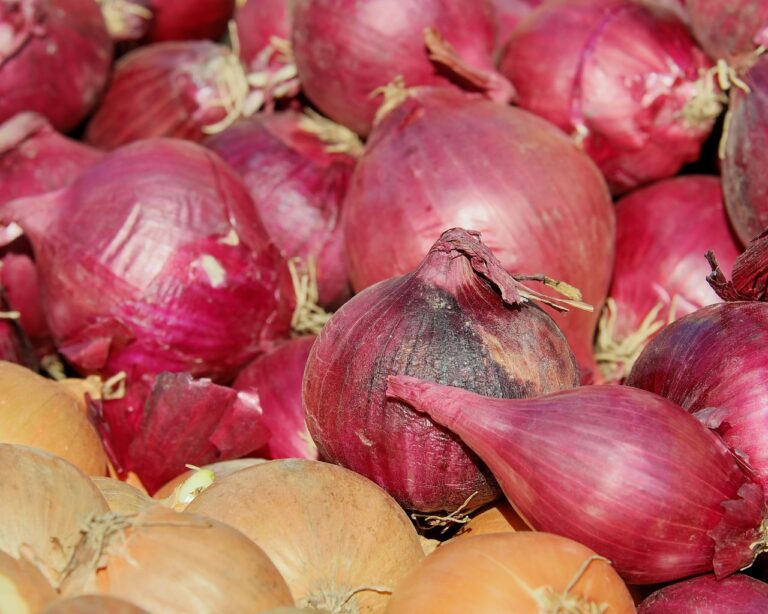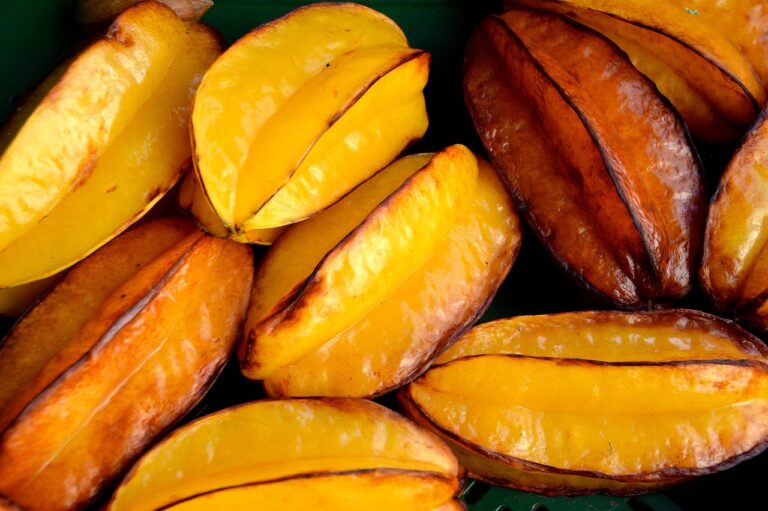The Impact of Food Packaging on Food Waste: Innovations to Extend Shelf Life and Reduce Spoilage
Food packaging plays a crucial role in reducing food waste by protecting food from spoilage and contamination. Proper packaging prevents physical damage and helps maintain the quality and freshness of food products throughout the supply chain. Additionally, well-designed packaging can also help consumers store food properly, leading to less wastage at the household level.
By providing necessary information such as expiration dates, storage instructions, and nutritional facts, food packaging empowers consumers to make informed decisions about their purchases and consumption. Clear labeling and packaging design can help consumers identify and use food products before they expire, reducing the likelihood of food being thrown away unnecessarily. In this way, food packaging not only protects the product but also contributes to minimizing food waste at every stage of the food distribution process.
Innovations in Food Packaging Technology
One of the latest advancements in food packaging technology is the use of active packaging. This innovative approach involves incorporating substances into the packaging material that help extend the shelf life of food products by reducing spoilage caused by microorganisms or oxidation. Active packaging can help maintain freshness and quality, ultimately reducing food waste.
Another emerging trend in food packaging technology is the development of smart packaging solutions. These intelligent packaging systems are equipped with sensors or indicators that can monitor the condition of the food inside the package, such as temperature, freshness, or bacterial growth. By providing real-time information about the food product, smart packaging can help ensure food safety and quality throughout the entire supply chain.
The Role of Packaging Materials in Extending Shelf Life
There is no denying the vital role that packaging materials play in extending the shelf life of food products. The choice of packaging material can significantly impact the freshness and quality of the food items it contains. Innovative packaging materials such as vacuum-sealed bags, modified atmosphere packaging, and barrier films are designed to create a protective environment that helps to preserve the product for a longer period.
In addition to preserving the freshness of food products, packaging materials also serve to protect them from external factors that can lead to spoilage, such as light, moisture, and oxygen. By creating a barrier against these harmful elements, packaging materials help to ensure that the food remains safe for consumption over an extended period. This not only reduces food waste but also enhances the overall consumer experience by providing them with products that are of high quality and taste.
Why is food packaging important in reducing food waste?
Food packaging helps to protect food from contamination, spoilage, and physical damage, which can extend the shelf life of products and reduce the amount of food that is wasted.
What are some innovations in food packaging technology?
Some innovations in food packaging technology include active and intelligent packaging, which can help to extend shelf life by releasing antimicrobial agents or monitoring the condition of the food.
How do packaging materials play a role in extending shelf life?
Packaging materials such as barrier films, vacuum packaging, and modified atmosphere packaging can help to create a protective environment around the food, preventing the growth of bacteria and mold that can cause spoilage.







